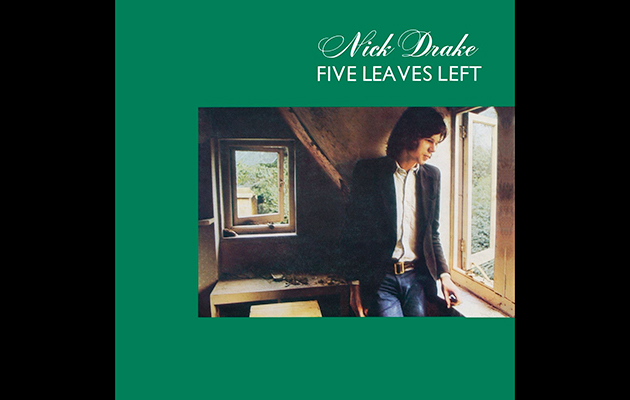So key a composition did “River Man” seem, Robert Kirby declined to arrange it – feeling out of his depth in the ebbing tides of 5/4. Having worked with him on a Children’s Film Foundation project, John Wood suggested Harry Robinson might be suitable for the job. Ten years previously, Robinson had been Lord Rockingham, captain of Lord Rockingham’s XI, the session A-team employed to comp rock’n’roll on the late-’50s ITV show Oh Boy!. These days, he turned his hand to arrangements of a more sophisticated stripe.
“Ravel was one of the names Nick mentioned as a template,” remembers John Wood, “and Debussy. Nick could play piano, and he understood and had read about harmony. That was unusual for the time, for that sort of musician – it’s part of the family tradition of music he came from.”
“We went to see Harry Robinson,” remembers Joe Boyd, “having sent him a tape. Nick took along his guitar, and as the tape was playing, Nick strummed chords against the tape to show what sort of chords he liked, and to suggest what the strings might do. Harry was very impressed.
“Then Harry showed up with 14 strings, with Harry conducting next to Nick. People say, ‘How do you get that great sound?’ By having a bunch of microphones open in a great room. There was no separation, no booths. Nick was out there with the strings.”
On September 24, 1969, Five Leaves Left had been in the shops for three weeks. Drake now began his promotional schedule, with a performance at London’s Royal Festival Hall. The first half of the show comprised his own set, followed by John and Beverley Martyn. After the interval, Fairport Convention – reconvened after the motorway crash in early May that had killed their drummer Martin Lamble – would debut their new lineup, and the material from Liege & Lief, the album that heralded their new direction.
“It was the most successful gig Nick ever did,” says Joe Boyd. “In retrospect, it made us overconfident. The situation was so unusual: the audience had assigned seats and it was the Festival Hall, so you didn’t talk or drink beer. And it was very reverential because of the death of Martin Lamble – everyone was very respectful.”
“We said, ‘You’re going to be great’,” says Beverley Martyn, “and he was. But that was somewhere where you could hear a pin drop, not a normal gig where you had to go and flog your album to students. So if you didn’t have a band, or do wah-wah guitar or whatever, you couldn’t be heard.”
“Nick tuned his guitar for three minutes and didn’t say anything,” says Joe Boyd. “then he played, and they clapped. Loudly. You just felt, wow, this can work: Nick is so great and his music is so mesmerising, he doesn’t have to tell jokes, he can go out to work.”
Witchseason booked a tour of clubs and colleges.
“And it didn’t work,” Boyd continues. “I looked at the schedule and said, well, ‘I’ll go to… Leamington Spa or Cambridge.’ He got through three or four dates. But then I got a phone call from Nick saying, ‘I can’t do this any more.’”



